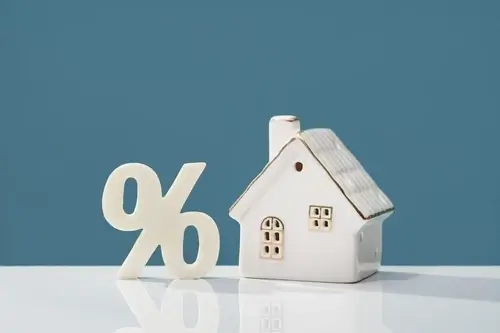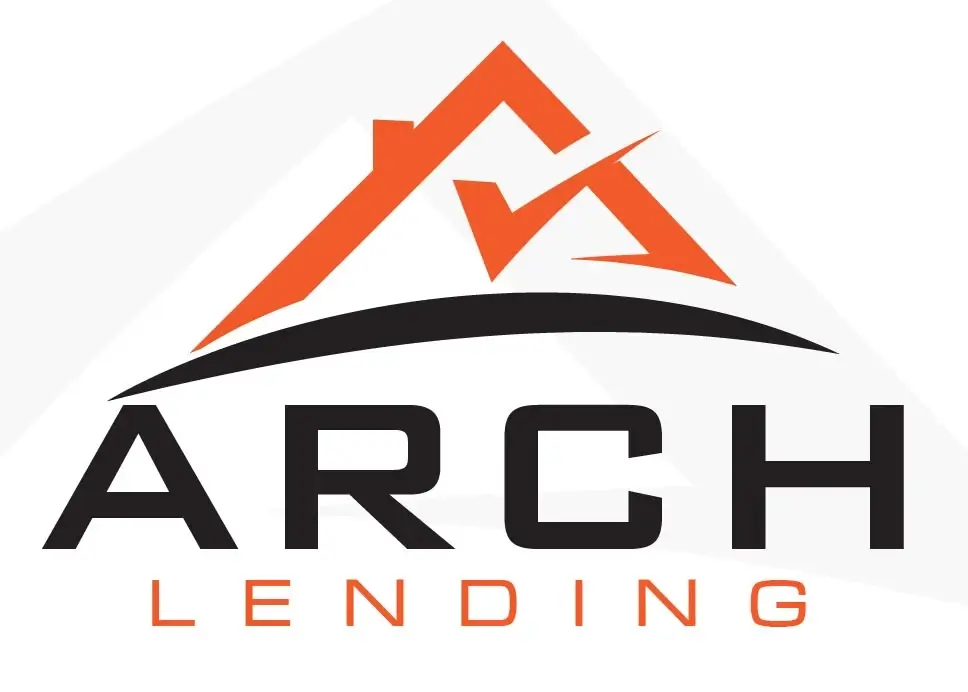

With 30-year mortgage rates now topping 20-year highs, borrowers are looking to alternative loan options to save money on home loans. Adjustable rate mortgages (ARMs) are becoming more popular as homebuyers and refinancers look for lower introductory interest rates. Among ARMs, the 5/1 and 7/1 ARMs stand out as compelling choices. These adjustable-rate mortgages offer homeowners flexibility, lower initial rates, and potential savings. However, understanding the difference between a 5/1 and 7/1 ARM is important.
The Basics: ARM vs. Fixed-Rate Mortgage
Before diving into the distinctions between a 5/1 and 7/1 ARM, let's grasp the core principle of ARMs. An Adjustable Rate Mortgage offers a fixed interest rate for an initial period, and afterward, the rate adjusts at regular intervals based on a specific benchmark, like the LIBOR (London Interbank Offered Rate) or the U.S. Prime Rate. The 5/1 and 7/1 designations relate to the fixed and adjustable periods within these loans.
5/1 ARM: With this option, you have a fixed interest rate for the first five years, after which it adjusts annually.
7/1 ARM: In this case, the fixed-rate period extends to seven years before transitioning to an annual adjustment schedule.
Now, the decision between a 5/1 and 7/1 ARM hinges on your unique financial profile and objectives.
Pros of a 5/1 ARM:
Lower Initial Rates: A 5/1 ARM typically boasts an initial interest rate lower than that of a 7/1 ARM or a traditional 30-year fixed-rate mortgage. This can result in lower initial monthly payments.
Short-Term Plans: If you plan to stay in your home for a limited time, the 5/1 ARM offers an excellent solution. You can enjoy the low initial rate during the fixed period without committing to the property for a more extended period.
Potential Savings: Due to the initial lower rate, you have the chance to save on interest payments during the initial five years. If interest rates remain stable or decline, your savings could be substantial.
Cons of a 5/1 ARM:
Rate Adjustment Uncertainty: The potential drawback is that after the initial five years, your rate is subject to periodic adjustments. Depending on the market conditions, your monthly payments could increase significantly.
Unpredictable Future: A 5/1 ARM is a bit like a financial crystal ball. If you're unsure about your financial future or the housing market, the uncertainty associated with this mortgage may not align with your goals.
Pros of a 7/1 ARM:
Extended Fixed Period: The 7/1 ARM offers a longer initial fixed-rate period, providing more stability and predictability compared to the 5/1 ARM. This could be a valuable feature if you plan to stay in your home for a more extended period.
Lower Initial Rates: Like the 5/1 ARM, this option still provides the benefit of lower initial rates than a traditional fixed-rate mortgage, allowing for more accessible monthly payments during the initial seven years.
Potential Savings: During the first seven years, you can capitalize on the lower rate, which, in the right market conditions, can translate into substantial savings compared to a fixed-rate mortgage.
Cons of a 7/1 ARM:
Longer Commitment: If you anticipate a short stay in your current home, the 7/1 ARM may require a more extended commitment than you're comfortable with. You could end up paying for the stability of the longer fixed period that you don't fully utilize.
Rate Adjustments Down the Line: After the initial seven years, the rate adjustments will occur annually, potentially leading to higher monthly payments, which might not be ideal in an environment of rising interest rates.
Final Considerations: Making the Choice
The choice between a 5/1 and 7/1 ARM ultimately hinges on your specific financial goals, your outlook on the housing market, and the length of time you plan to remain in your home. Whether you're drawn to the initial lower rates of the 5/1 ARM or the extended stability of the 7/1 ARM, remember that each comes with its own set of benefits and potential risks. By making an informed decision, you can harness the power of these flexible mortgages to work for your financial future.

